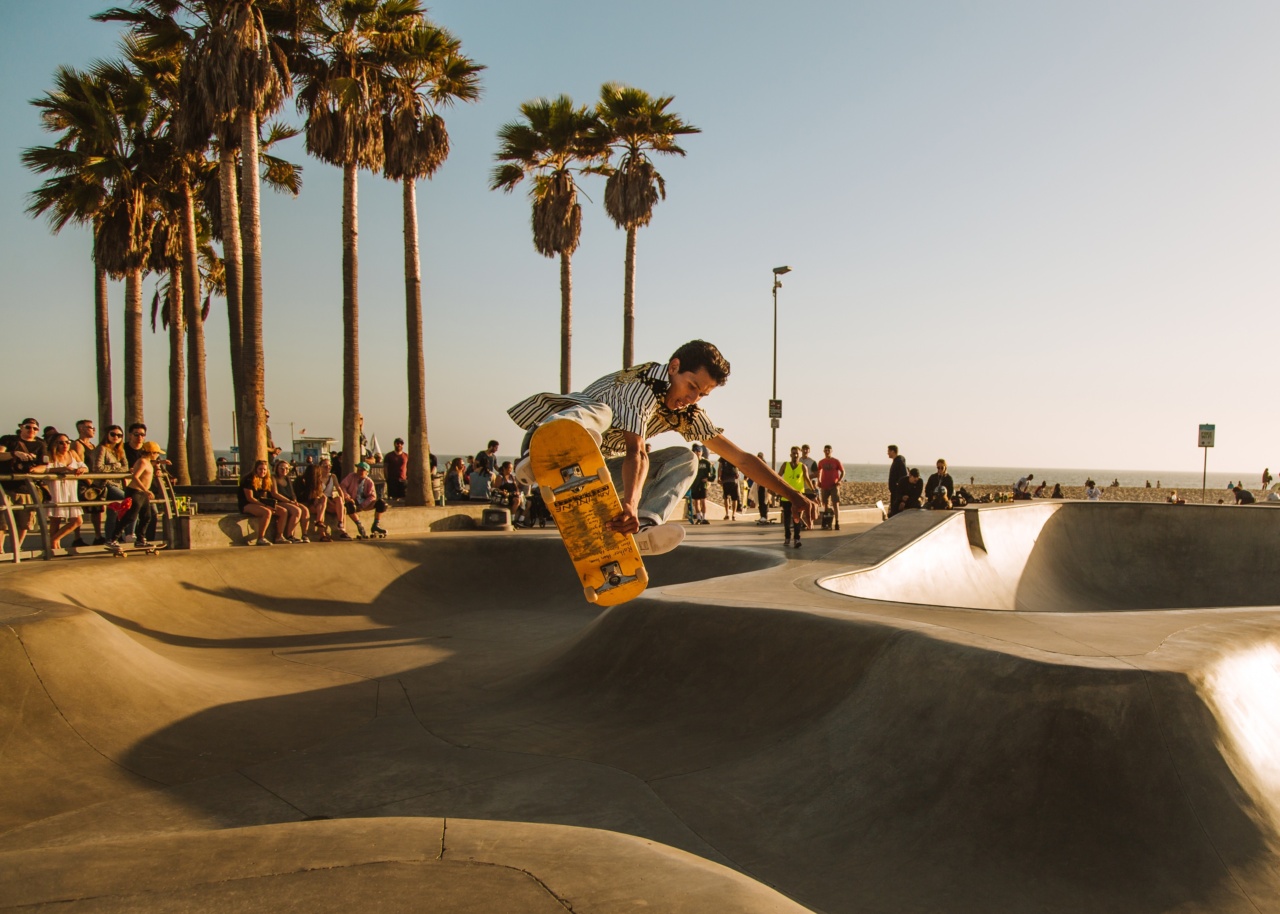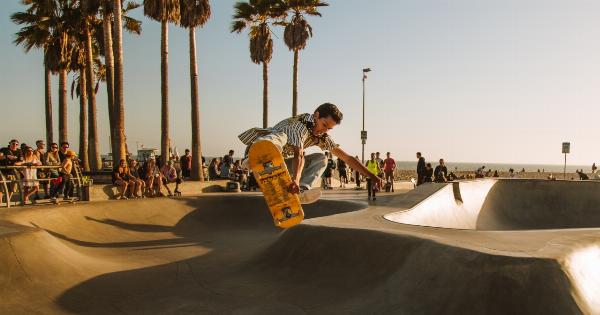Athletic performance is a crucial aspect of any sports competition. Whether it’s a professional event or a friendly game among friends, athletes strive to give their best on the field.
However, there are times when performance levels dip, leading to frustration and disappointment. This article delves into the reasons behind fallen athletic performance, exploring factors that contribute to a decline in overall sports abilities.
1. Inadequate Physical Conditioning
One of the primary reasons for fallen athletic performance is inadequate physical conditioning. Athletes need to maintain a high level of fitness to excel in their respective sports.
Elements such as endurance, strength, agility, and flexibility play a significant role in determining an athlete’s performance. Lack of proper training and conditioning can lead to decreased power, slower speed, and reduced overall abilities on the field.
2. Poor Nutrition
Athletes require a well-balanced diet to fuel their bodies and optimize performance. Poor nutrition, such as consuming excessive junk food or skipping meals, can significantly impact an athlete’s abilities.
Inadequate intake of essential nutrients like carbohydrates, proteins, fats, vitamins, and minerals can result in muscle fatigue, reduced stamina, and decreased concentration – all of which contribute to fallen athletic performance.
3. Inadequate Rest and Recovery
Rest and recovery are essential components of an athlete’s training program. Without adequate rest, the body does not have enough time to repair and rebuild muscles, leading to fatigue and decreased performance.
Overtraining, insufficient sleep, and neglecting rest days can all contribute to a drop in athletic abilities. It is essential to prioritize rest and recovery to maintain peak performance levels.
4. Mental and Emotional Factors
Athletic performance is not solely dependent on physical factors. Mental and emotional well-being also significantly impact an athlete’s abilities.
Psychological stress, anxiety, lack of focus, and excessive pressure can all hinder performance on the field. These factors can lead to decreased confidence and motivation, resulting in a decline in overall athletic performance.
5. Injuries and Physical Ailments
Injuries and physical ailments can halt an athlete’s progress and negatively impact performance. Sprains, strains, fractures, and chronic conditions can all restrict movement, reduce strength, and limit an athlete’s abilities.
Rehabilitation and proper medical care are necessary to recover from injuries and regain peak athletic performance.
6. Burnout and Fatigue
Pushing too hard for extended periods without adequate breaks can result in burnout and fatigue. Overworking the body and mind without sufficient rest can lead to a decline in athletic performance.
Burnout can manifest as physical exhaustion, mental fatigue, and reduced motivation, all of which can hinder an athlete’s ability to perform at their best.
7. Environmental Factors
The environment in which an athlete competes can also impact their performance. Extreme weather conditions, high altitude, humidity, or poor air quality can all challenge an athlete’s abilities.
These factors can lead to reduced stamina, increased fatigue, and lowered overall performance.
8. Age and Declining Biological Factors
As athletes age, they face the natural decline of certain biological factors necessary for peak performance. Muscle mass decreases, bone density reduces, and the body’s ability to recover diminishes.
These age-related factors can contribute to fallen athletic performance, requiring athletes to adapt their training methods and expectations accordingly.
9. Lack of Motivation or Passion
A lack of motivation or passion for a particular sport can lead to a decline in athletic performance. When athletes lose interest or fail to find joy in their training and competition, they may struggle to find the drive to perform at their best.
Passion and motivation are key aspects of maintaining consistent athletic performance.
10. External Distractions
External distractions, such as personal or professional stressors, can negatively impact an athlete’s performance.
Issues like relationship problems, financial worries, or work-related stress can preoccupy the mind, hindering an athlete’s focus and concentration. This lack of mental clarity and presence can lead to fallen athletic performance.





























